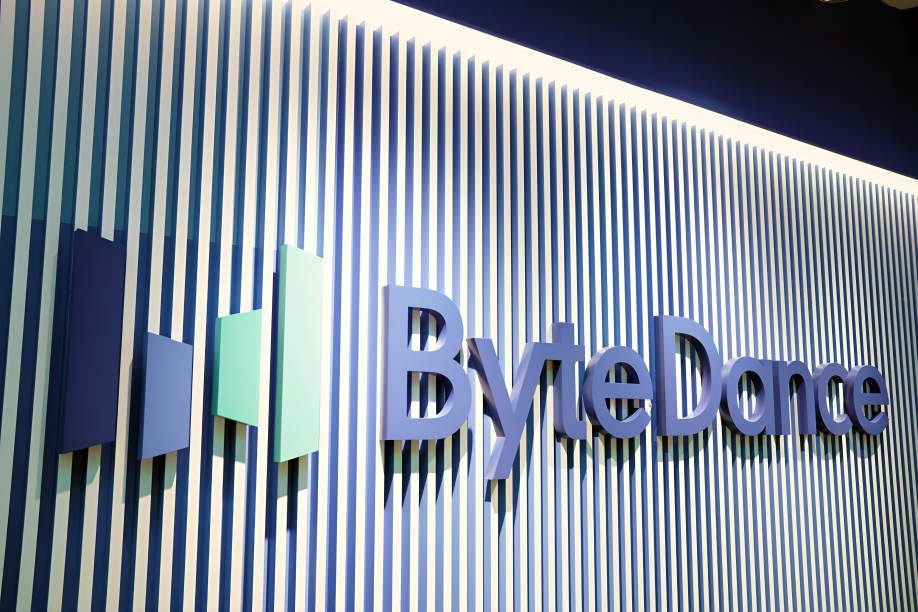South Korea’s Financial Intelligence Unit has discovered 500,000-600,000 KYC violations on Upbit, the nation’s largest crypto exchange. The violations were revealed during a routine license renewal review for the platform.
Significant Know-Your-Customer (KYC) violations have been discovered by the South Korean government on Upbit, the nation’s largest cryptocurrency exchange.
The Financial Intelligence Unit (FIU) of the Financial Services Commission identified these issues during a routine business license renewal evaluation for Upbit on Nov. 14, according to local media reports. So far, the regulator has identified between 500,000 and 600,000 potential KYC violations on the exchange.
KYC is a procedure that is implemented to confirm the identity of clients in order to adhere to anti-money laundering (AML) and counter-terrorism financing (CTF) regulations. This typically entails the submission of valid identification documents and the registration of actual names.
The FIU disclosed that certain Upbit users submitted insufficient identification for their KYC registration. In certain instances, accounts were established with identification cards that bore registration numbers and names that were obscured, rendering the identities unidentifiable. This raises concerns that these accounts could be utilized for money laundering or other illicit activities.
South Korea’ Probes’s complaint about Upbit
In South Korea, companies that are found to be in violation of KYC regulations may be subject to penalties of up to 100 million won (approximately $71,600) per violation, as per the law. The potential financial penalty that Upbit may incur is a subject of speculation, given the severity of the violations
Furthermore, Upbit’s license renewal process, which is presently under review, may be delayed by the violations. Digital asset operators are required to renew their licenses every three years in accordance with the Korean Special Financial Transaction Information Act.
In August, Upbit submitted an application for renewal; however, the FIU may delay the approval process as it evaluates each case on an individual basis and determines the most suitable course of action.
In the interim, this new issue has arisen approximately one month after the Financial Services Commission (FSC) of South Korea disclosed its intention to examine Upbit’s market dominance. The financial institution may experience long-term injury as a result of the exchange, which accounts for nearly 20% of the 22 trillion won deposits at K Bank, as noted by the authorities.



